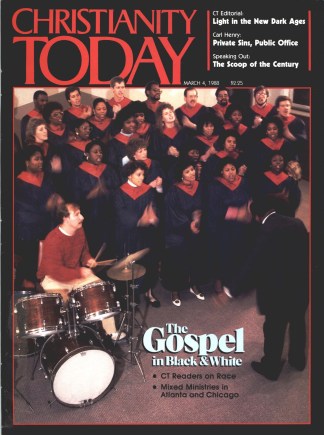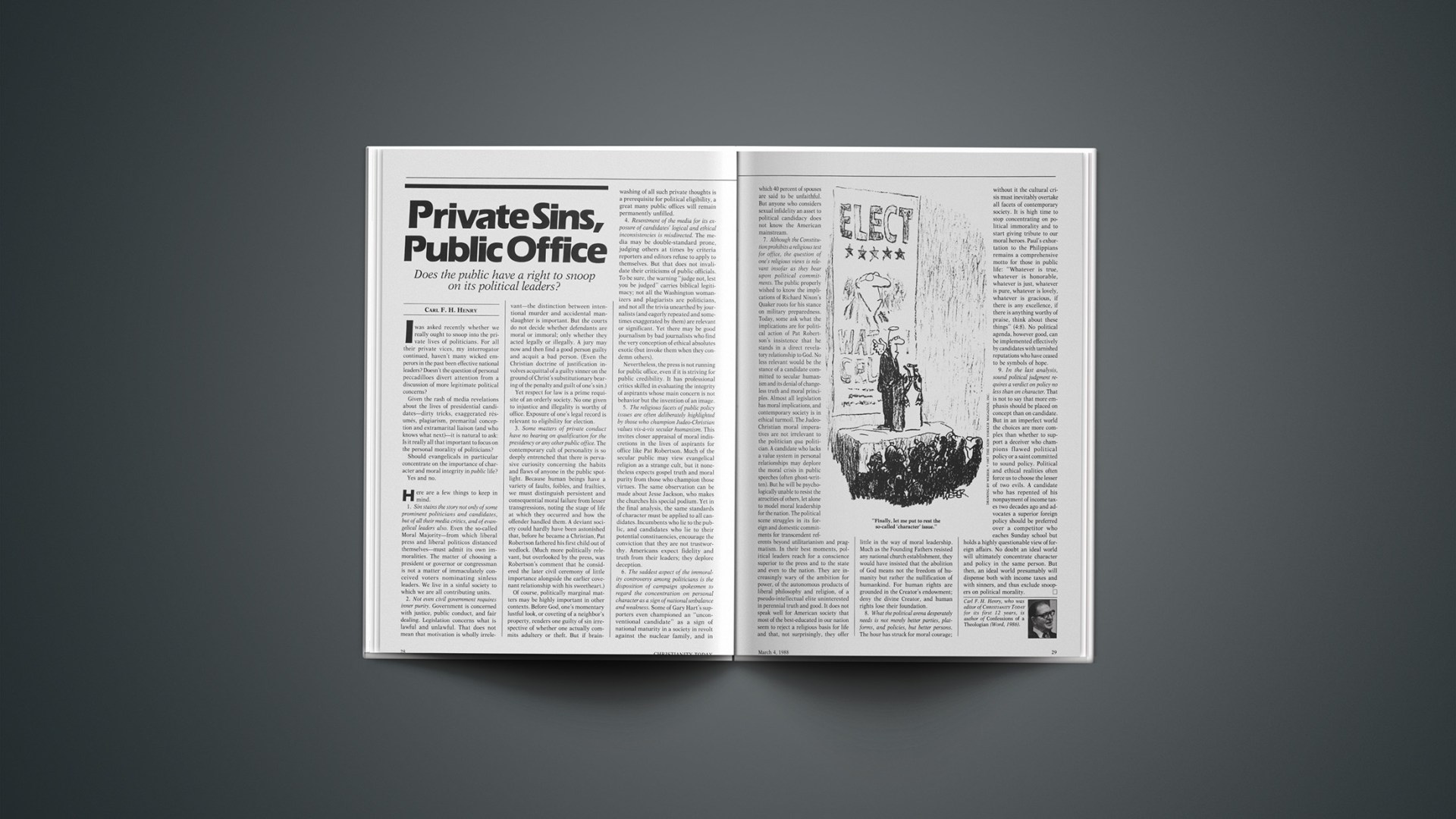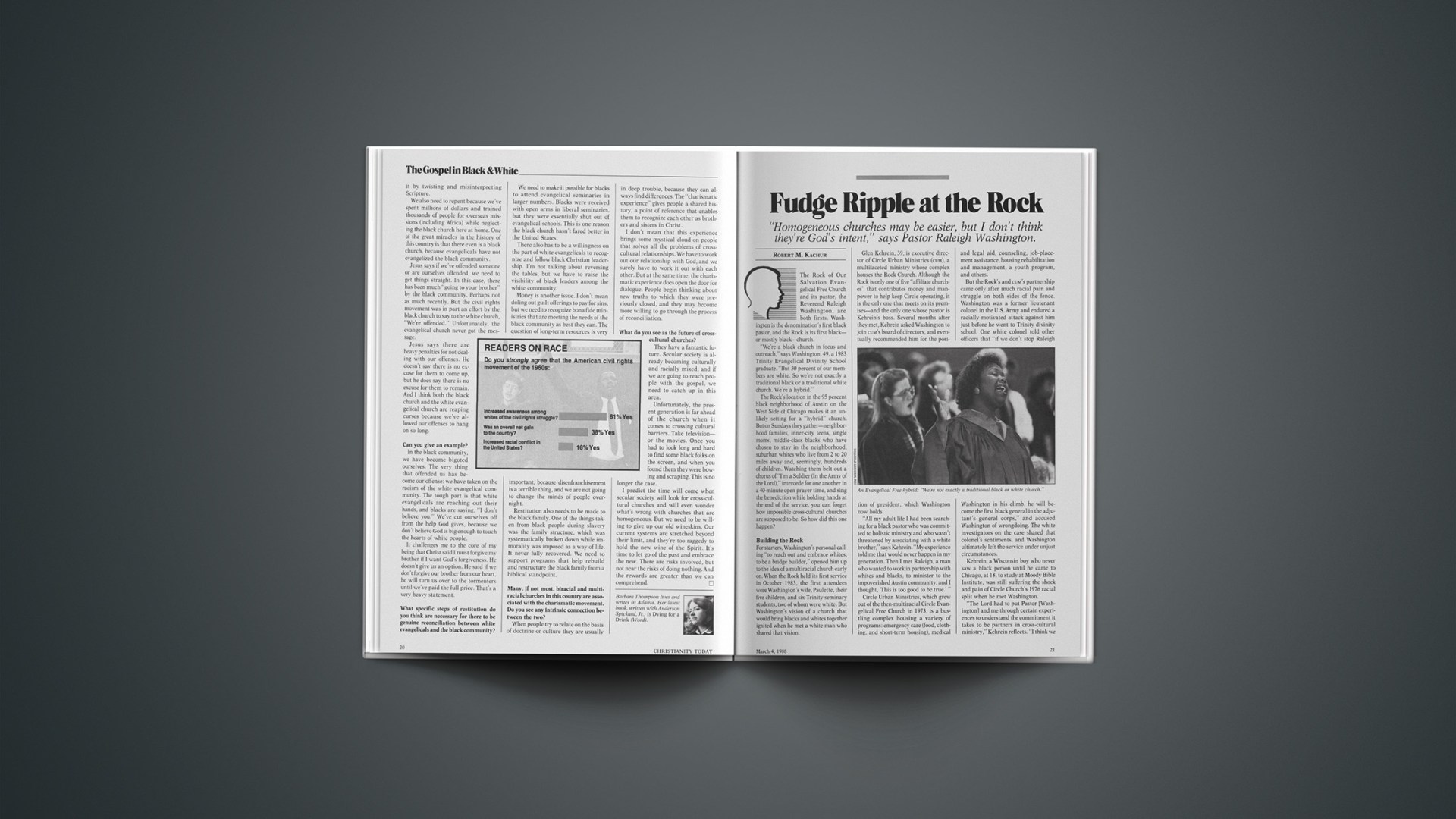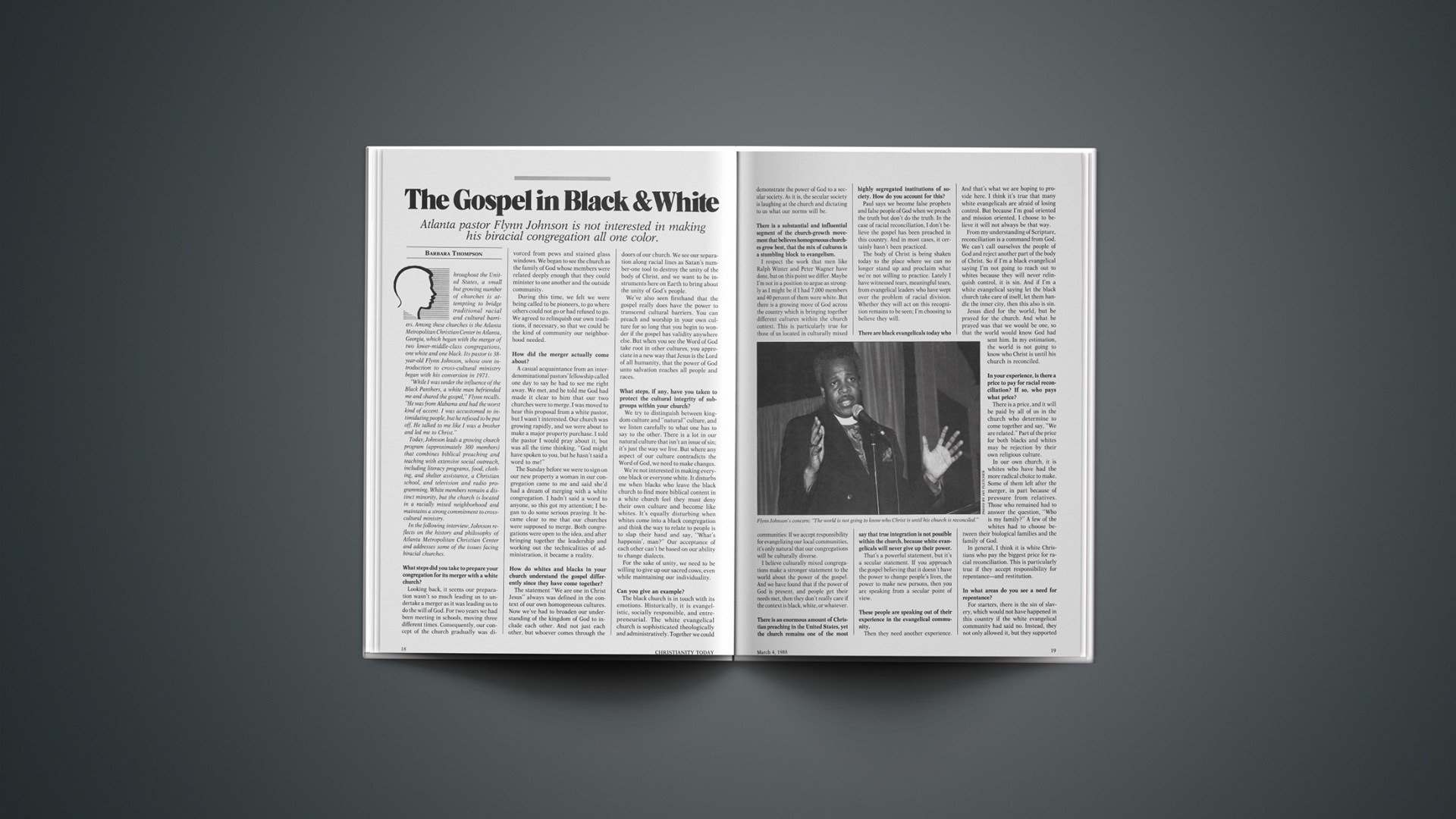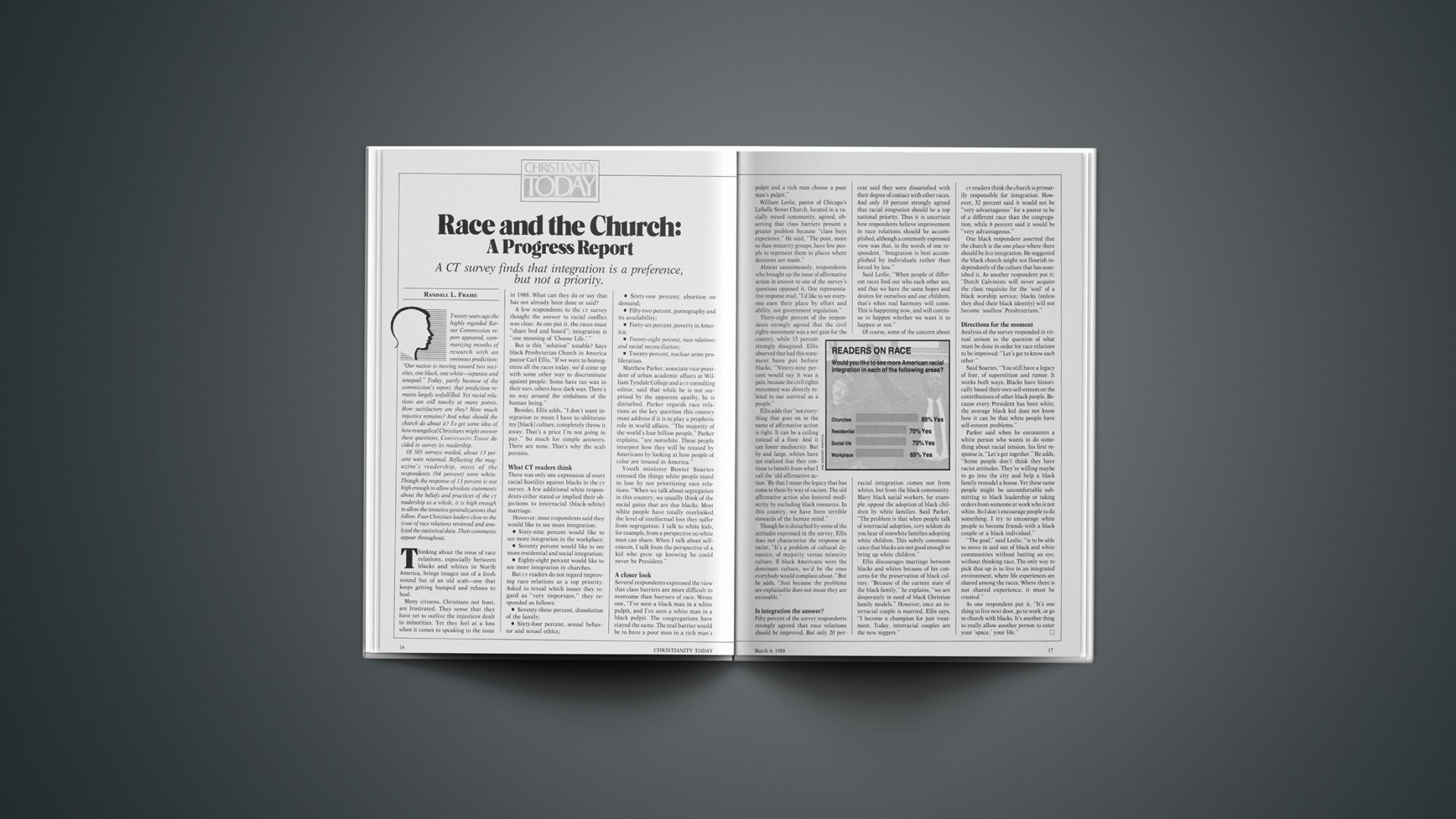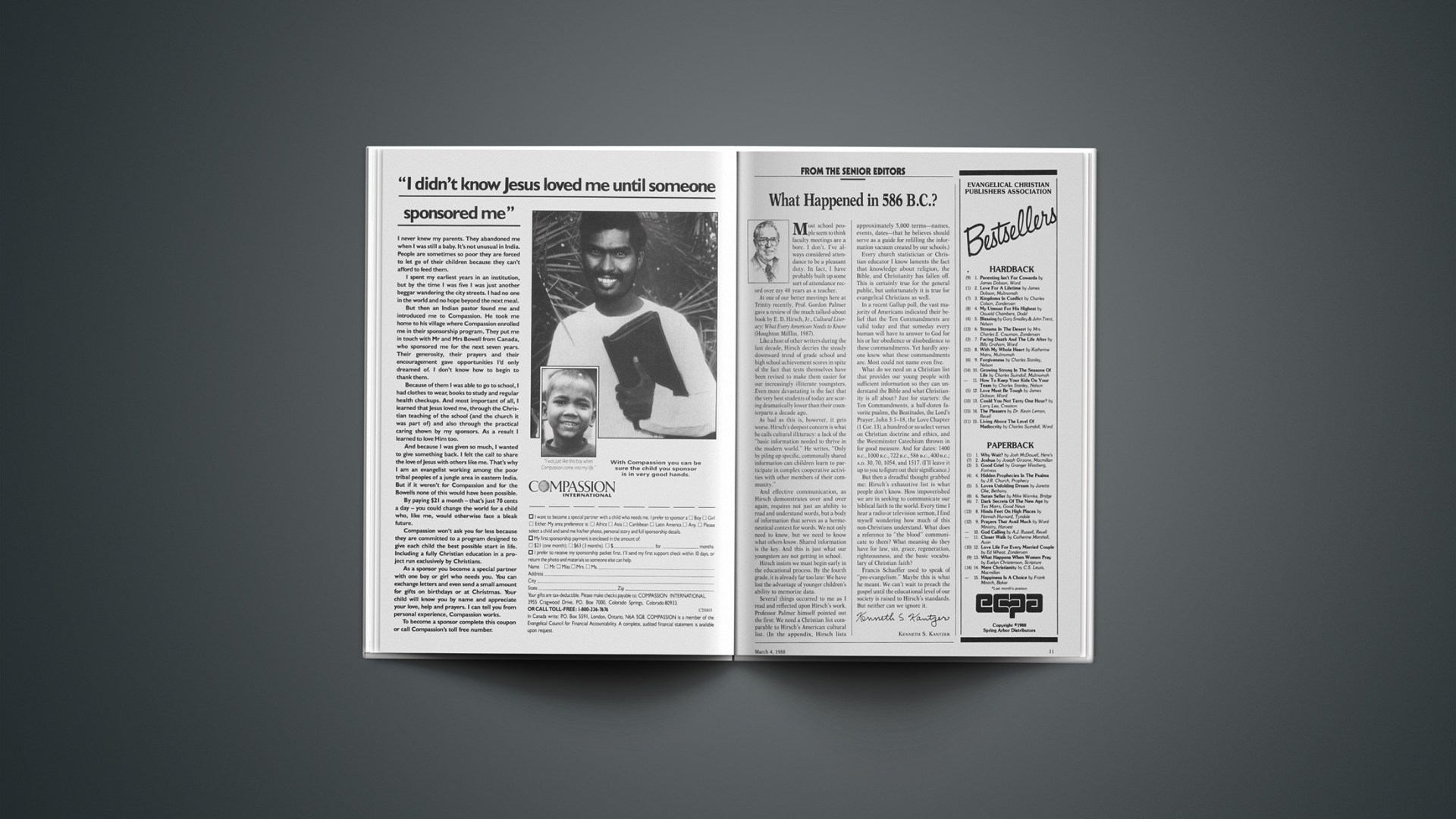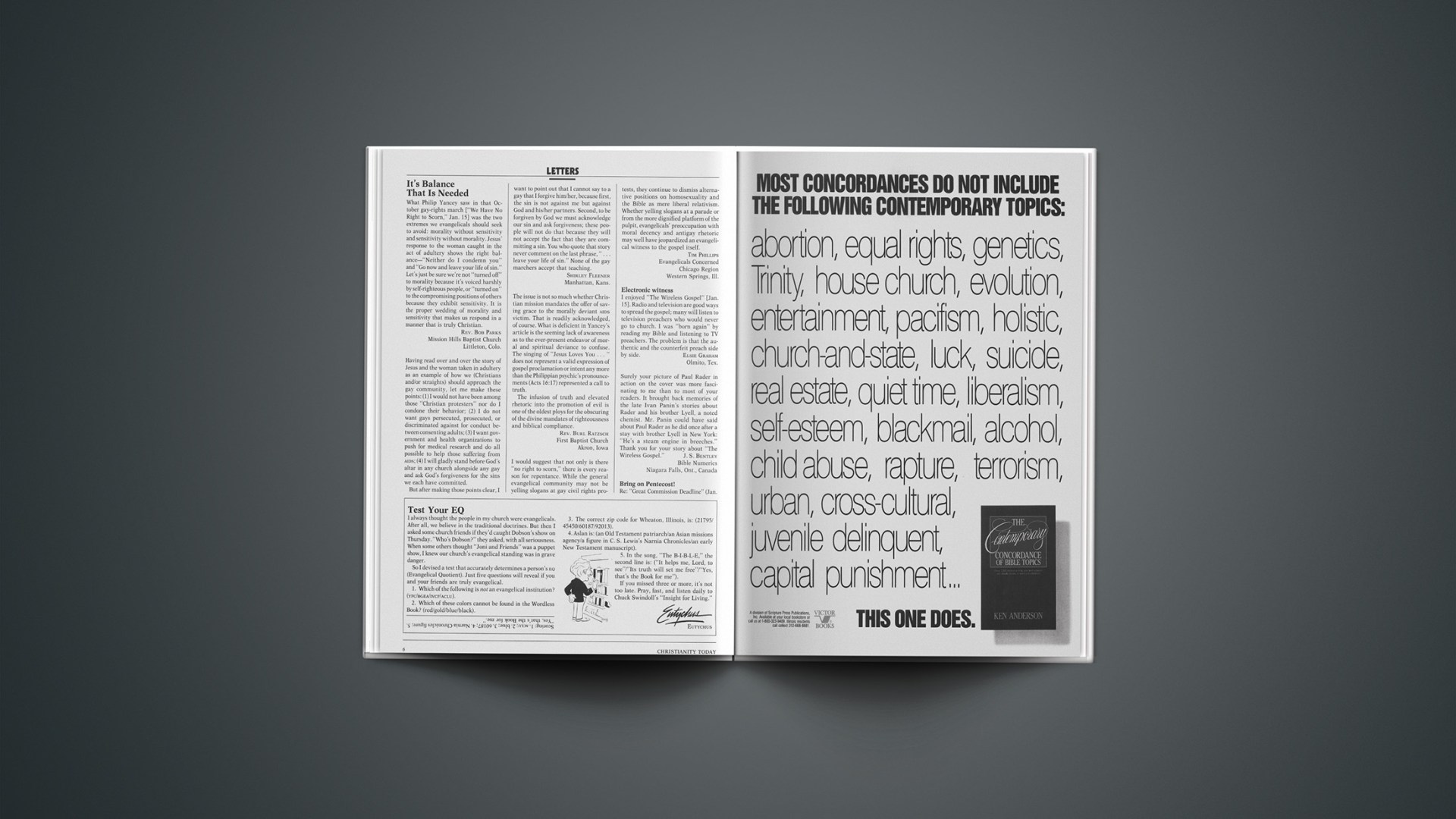Open hands
All too often we regard stewardship simply as a matter of our giving to God, but this aspect is secondary. Before we can give, we must possess, and before we possess we must receive. Therefore, stewardship is, in the first place, receiving God’s good and bounteous gifts. And once received, those gifts are not to be used solely for our own good. They must also be used for the benefit of others, and ultimately for the glory of God the giver.
The steward needs an open hand to receive from God and then an active hand to give to God and to others.
—Murray J. Harris in Voices (Vol. XIII, No. 3, 1987)
Forgiveness humbles
Forgiven souls are humble. They cannot forget that they owe all they have and hope for to free grace, and this keeps them lowly. They are brands plucked from the fire—debtors who could not pay for themselves—captives who must have remained in prison for ever, but for undeserved mercy—wandering sheep who were ready to perish when the Shepherd found them; and what right then have they to be proud? I do not deny that there are proud saints. But this I do say—they are of all God’s creatures the most inconsistent, and of all God’s children the most likely to stumble and pierce themselves with many sorrows
—J. C. Ryle in Foundations of Faith
Of Giants And Infants
We have too many men of science, too few men of God. We have grasped the mystery of the atom and rejected the Sermon on the Mount.… Ours is a world of nuclear giants and ethical infants. We know more about war than we know about peace, more about killing than we know about living.
—Gen. Omar N. Bradley in a 1948 Armistice Day address
Asking and getting
When Jesus says that everyone who asks will receive, he is assuming that those who pray will be disciples who are right with God and not cherishing iniquity in their hearts.
—J. I. Packer in Father Loves You
Holy dependence
There is no security in things. In fact, things are deceptive: they appear to be satisfying and lasting when they are actually temporary and unable to satisfy the deepest needs of life.… Certainly, God wants us to enjoy the blessings of life. There is nothing spiritual about sitting morosely in a corner and saying, “These things will not last anyway! Why enjoy them?” God wants us to enjoy His good gifts, just as we want our children to enjoy what we give them. But He does not want us to depend on things—He wants us to depend on Him.
—Warren W. Wiersbe in Meet Yourself in the Parables
No slovenly work
We who say we love God: why are we not as anxious to be perfect in our art as we pretend we want to be in our service of God? If we do not try to be perfect in what we write, perhaps it is because we are not writing for God after all. In any case, it is depressing that those who serve God and love Him sometimes write so badly, when those who do not believe in Him take pains to write so well. I am not talking about grammar and syntax, but about having something to say and saying it in sentences that are not half dead.
—Thomas Merton, quoted in the Provident Book Finder (Jan.–Mar. 1988)


